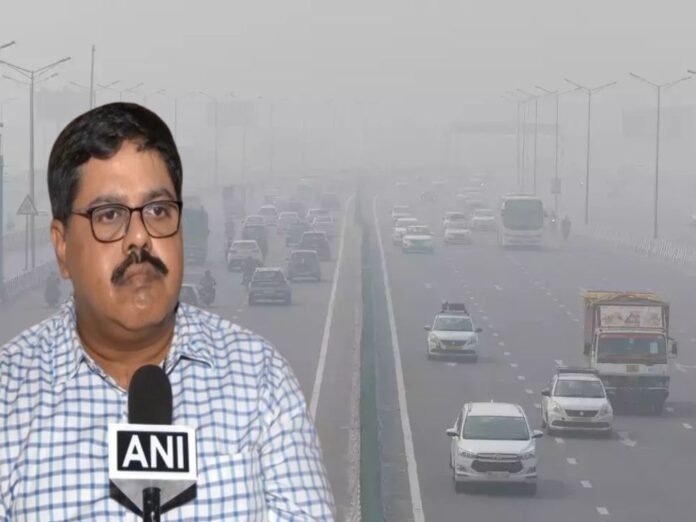Ghaziabad (Uttar Pradesh), October 19, 2024: With winter approaching, the national capital braces for a recurring issue: deteriorating air quality. Environment expert Vivek Chattopadhyay emphasized multiple factors contributing to the seasonal spike in pollution, including emissions, traffic congestion, and industrial activities.
According to Chattopadhyay, Principal Program Manager at the Air Pollution Centre for Science and Environment, “The major factor is the sudden change in weather conditions, which is not allowing pollutants to disperse. Emissions are rising, and new sources, such as biomass and garbage burning, also add to the pollution load.” He noted that the differences between summer and winter pollution are stark, with winter’s lack of wind trapping emissions and creating the infamous haze over Delhi.
Traffic congestion and industrial emissions continue to aggravate the situation. Chattopadhyay stressed the need for clean fuel in industries and called for action against coal-based plants outside Delhi to mitigate the issue. “We need to address this at a regional level to optimize solutions,” he added.
One of the most pressing contributors to pollution in northern India remains stubble burning by farmers in states like Punjab and Haryana. Despite various measures, the issue persists, and the Supreme Court has stepped in, summoning the Chief Secretaries of both states for a report on why stricter legal actions have not been implemented.
Aam Aadmi Party leader Jasmine Shah shared a mixed report, stating a 27% reduction in stubble burning incidents in Punjab this year, while Haryana saw a 23% increase. “We are witnessing a reduction in Punjab, but efforts in Haryana need to intensify,” Shah said during a press conference.
Punjab CM Bhagwant Mann defended farmers, reiterating the need for practical solutions over fines and penalties. “The farmers don’t want to burn stubble or even cultivate paddy, but alternatives are not supported with MSP. If the Centre can intervene in international matters, why not here?” he argued, calling for compensation as an incentive to shift away from paddy cultivation.
Meanwhile, Haryana has introduced strict measures to curb stubble burning, including red entries in farmers’ records, preventing them from selling crops in mandis through the e-Kharid portal. However, the effectiveness of these measures remains under scrutiny as environmental concerns grow with the onset of winter.



